Whether you are giving a conference talk or making a presentation to your colleagues, your aim is to communicate information to your listeners. But to do that successfully, you need to understand your audience’s perspective.
In this one-hour masterclass with public speaking coach Sarah Cruise, you will learn how to engage, motivate and make it easy for your audience to listen, understand and remember your information. Sarah will outline the research in support of this approach and focus on the fundamental skills needed to present successfully.
Join us at 12:00 BST on Wednesday 27 April 2022 for this hour-long webinar and take your presenting skills to the next level.
About Sarah Cruise
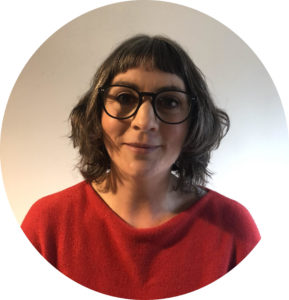 Sarah Cruise specialises in the art and science of effective communication and her business, eloquential, represents the rattle bag of knowledge, skills and experience that she has collected over the years. Sarah combines research from well-founded and respected sources across many disciplines, with practitioners experience in the performing arts, and person-centred psychology and practices.
Sarah Cruise specialises in the art and science of effective communication and her business, eloquential, represents the rattle bag of knowledge, skills and experience that she has collected over the years. Sarah combines research from well-founded and respected sources across many disciplines, with practitioners experience in the performing arts, and person-centred psychology and practices.
eloquential has been trading since 2006 and Sarah has worked with a number of well known companies and organisations including most recently: AstraZeneca, The British Medical Journal, Cambridge University Press, Mastercard, THIS Institute, and University of Cambridge amongst others. Sarah has also had the pleasure of working on notable events such as the London bid for the 2012 Olympic Games and is involved in interesting public engagement projects, including cohosting the Gin and Topic podcast with her stepdaughter.
Ticket sales are now closed.
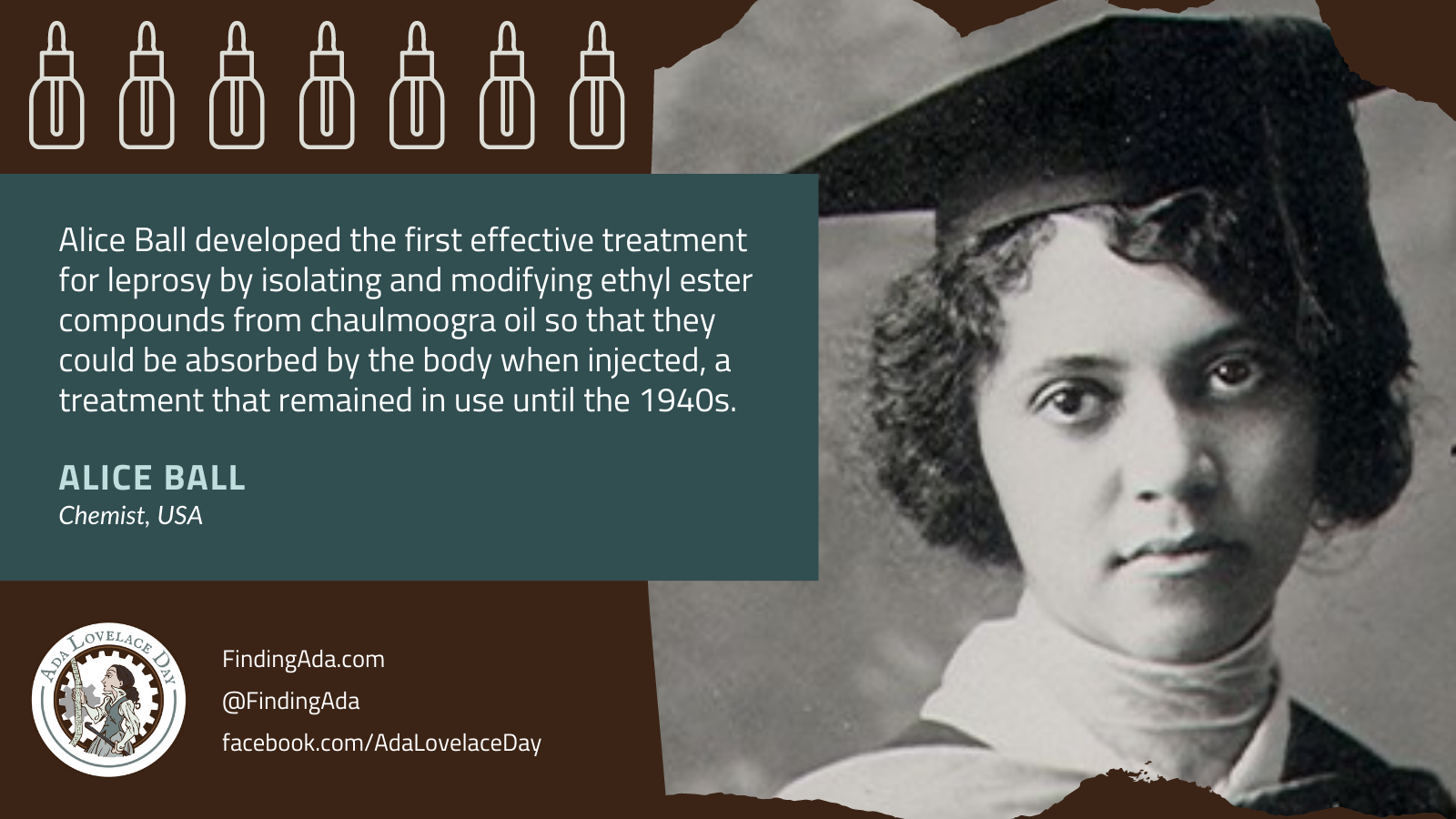
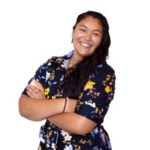 In partnership with
In partnership with 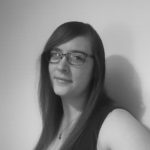
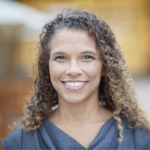 Hypersleep is a common theme in science fiction, but what does science have to say about putting humans into suspended animation? What can we learn from hibernating animals? What’s the difference between hibernation and sleep? What health impacts would extended hypersleep have?
Hypersleep is a common theme in science fiction, but what does science have to say about putting humans into suspended animation? What can we learn from hibernating animals? What’s the difference between hibernation and sleep? What health impacts would extended hypersleep have?